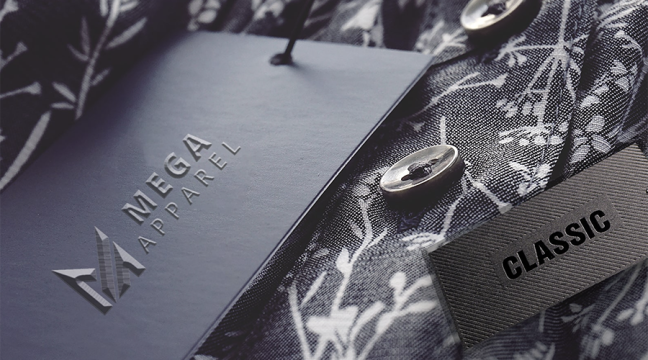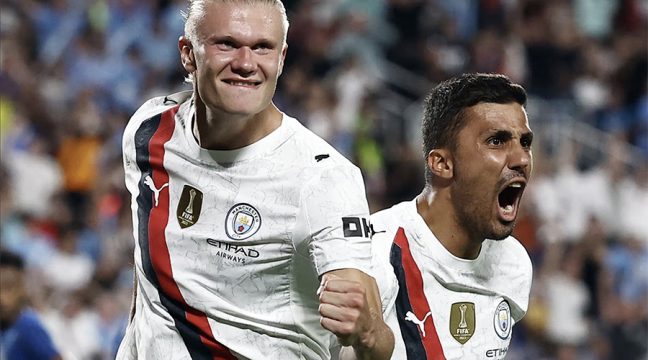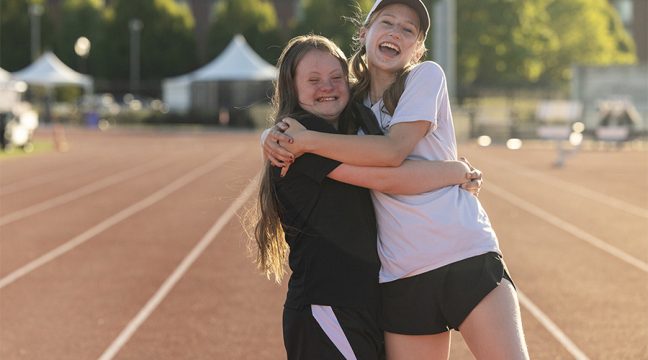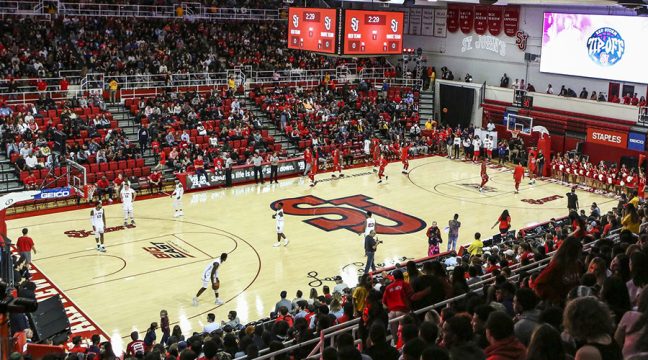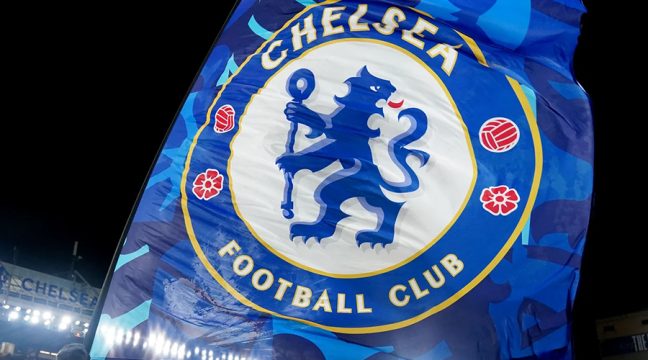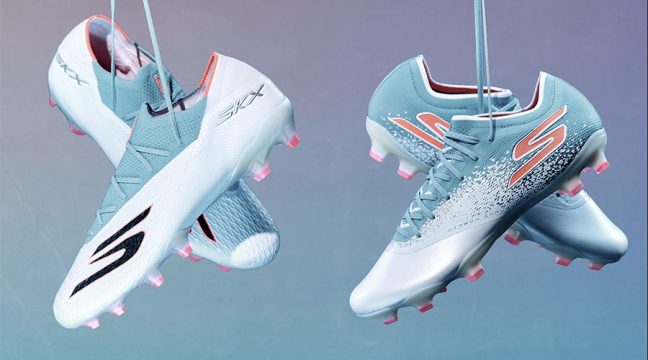Salomon announced its sports marketing sustainability goals. The brand, which has long-term partnerships with mountain athletes and local sports communities, pledged to commit to improve its carbon footprint for in-person events and reduce the environmental impact of its athletes and ambassadors by 2025.
Its two-pronged approach around events and athletes will begin with it conducting sustainability studies of existing in-person events, which will allow organizers to set specific goals for the Golden Trail Series races, the Salomon Freeski team’s annual Mountain Collective, and community events, including Salomon’s Mountain Academy. In addition to these owned-brand events, Salomon will also onboard the hundreds of Salomon-supported worldwide community events to implement its sustainability program.
Salomon also committed to reducing the collective carbon footprint of its international athlete team beginning in 20202 by 30 percent by 2025.
Part of that effort will involve Salomon athletes agreeing to participate in more local events to reduce travel and sign a contract that allows the company to measure their carbon footprint to reduce it wherever possible. Additionally, athletes will be asked to adjust the amount of equipment they use to their minimum needs and repair that gear whenever possible.
Using her years of experience as a Salomon trail running athlete and mountain adventurer, Emelie Forsberg will play a lead role in helping the brand build its sports marketing charter. She will be the liaison with the international athlete team and connect with the outdoor community to advocate for the program.
Event-Related Sustainability Goals By 2025:
- Water protection by avoiding overconsumption and pollution;
- Clean energy sourcing by switching, wherever possible, to renewable energy;
- Responsible sourcing through re-usable and sustainable event materials such as marking flags and banners;
- Creating responsible race packs by sourcing from eco-friendly, local, and fair companies and organizations and offering athletes the opportunity to refuse the pack instead of a donation to an environmental cause paid by Salomon;
- Waste management through reuse, recycling and reduction practices;
- Banning plastics such as bags, trophies, gifts, bottles, and glasses;
- Responsible catering through the sourcing of local, seasonal and organic food with a vegan option;
- Optimizing event transportation by offering low-carbon transportation and promoting soft mobility;
- Communicating responsibly by banning helicopters for filming and the promotion of events;
- Offsetting event carbon emissions and offering a travel carbon-offset option for participants during their ticket purchase;
- Protecting natural habitats through environmental assessment, preservation work and controlling the impact of participants through crowd-size moderation using start waves at races and through environmental protection education during races;
- Identifying a sustainability manager for each event and briefing volunteers on the event’s sustainability;
- Promoting diversity and inclusion by supporting equal treatment and balanced split of women and men in races, by training race directors on diversity and inclusion, promoting diversity and inclusion among race staff and promoting the accessibility of events;
- Engaging in dialogue with international federations and series organizers to optimize race calendars
Athlete-Related Goals By 2025:
- Measuring, reducing and offsetting the individual travel carbon footprint of each international athlete;
- Reducing 30 percent of the collective travel carbon footprint of its international athletes by adapting professional travel plans to minimize impact, such as favoring more extended stays to multiply activations when traveling long distances;
- Offsetting the collective travel carbon footprint of its international athlete team by 2022;
- Encouraging greater participation in key local events near brand epicenters;
- Reducing the number of equipment athletes use by estimating needs, reusing and donating used gear to other athletes, and refusing a racer pack unless it’s needed;
- Caring for and repairing athlete equipment;
- Protecting the environment by not harming natural sites during sports practice – no waste, no degradation;
- Adopting ecological habits;
- Raising awareness by sharing, regularly, individual athletes and Salomon’s collective efforts towards reducing environmental impact; and
- Supporting event-hosting communities to limit the environmental impact of local Salomon-sponsored events.
Salomon is also committed to the following:
- Creating a diverse team of athletes across gender and nationality; and
- Supporting women athletes in their career goals and being advocates for women’s empowerment through sports.


